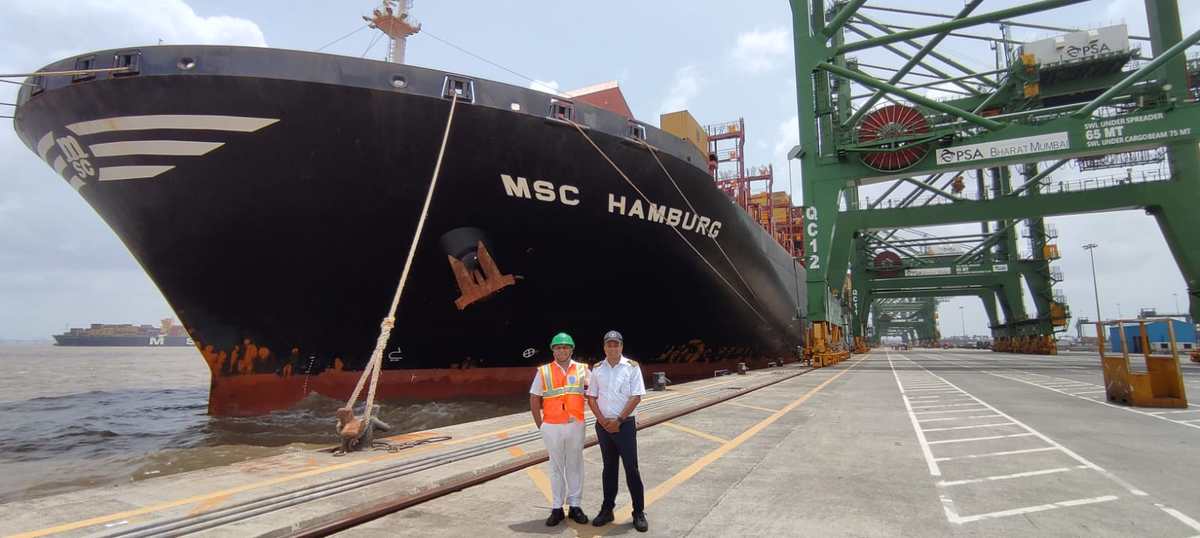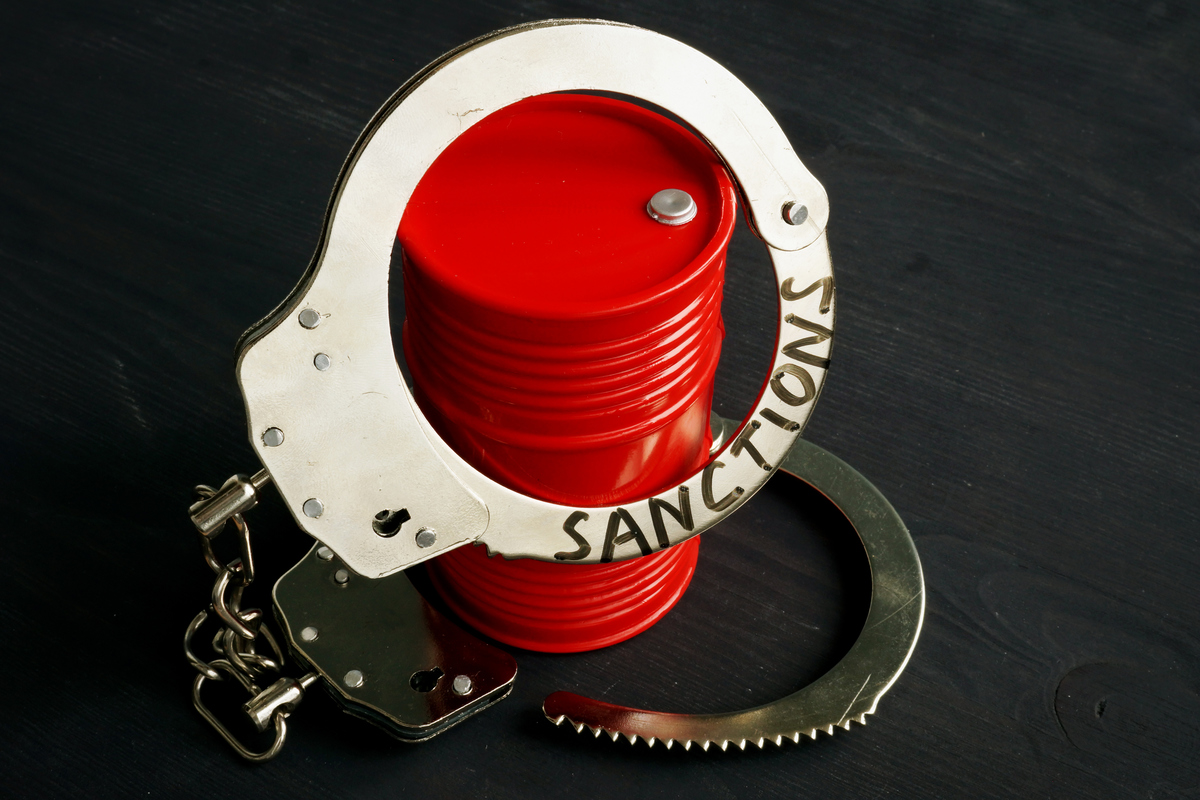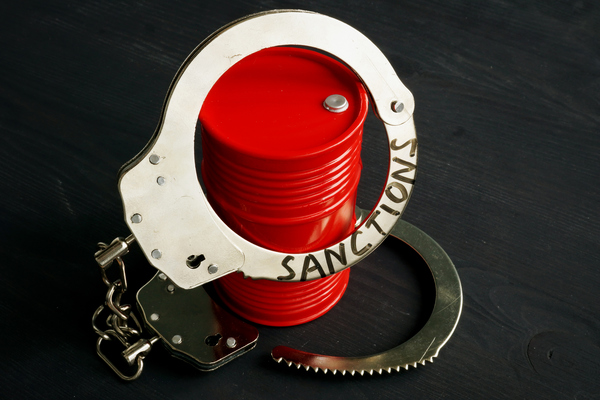Countdown to MEPC 80: India, South Korea propose directing GHG proceeds to promote alternative fuels
India and South Korea have called on the IMO to allocate revenues from any mid-term measures like carbon pricing towards scaling up production and supply of alternative fuels.
 PHOTO: An MSC-owned vessel docked at Jawaharlal Nehru Port Trust in Mumbai, India. Twitter of @JNPort
PHOTO: An MSC-owned vessel docked at Jawaharlal Nehru Port Trust in Mumbai, India. Twitter of @JNPort
In separate proposals to the IMO, the two countries have stressed that a major portion of the funds that could be generated from carbon pricing mechanisms should be dedicated to developing infrastructure and technologies for producing and supplying cleaner marine fuels.
This allocation, they argue, would help to close the price gap between fossil fuels and low- and zero-emission marine fuels, and ensure their availability around the world to promote alternative fuel adoption. India said this will help increase the variety of alternative fuels on offer, from today's selection of biofuels, bio-methanol and grey LNG.
A "very significant economic measure" is needed to close the price gap, India said. Unlike most other nations, India argues for this economic measure, or carbon levy, to be implemented with a tank-to-wake (TtW) approach. TtW only accounts for emissions from the fuel tank of a vessel to its combustion, while disregarding upstream and downstream emissions from extraction, production, distribution, storage and delivery of fuels to the vessel's fuel tank.
To account for alternative fuels' true emissions throughout their lifecycle - which is what counts for the environment and global warming - an increasing number of shipping organisations and nations have called for the IMO to greenhouse gas emissions targets with well-to-wake (WtW) approach as a basis.
India argued for an "inclusive distribution" of future income generated from carbon pricing mechanisms. Meanwhile, South Korea proposed offering incentives and rewards to first-movers in alternative marine fuel production and adding a "polluter-pays" clause to carbon levies.
Moreover, both Asian nations also sought to earmark part of funds raised from carbon pricing to improve alternative fuel supply infrastructure in developing nations, including small islands.
By Konica Bhatt
Please get in touch with comments or additional info to news@engine.online






